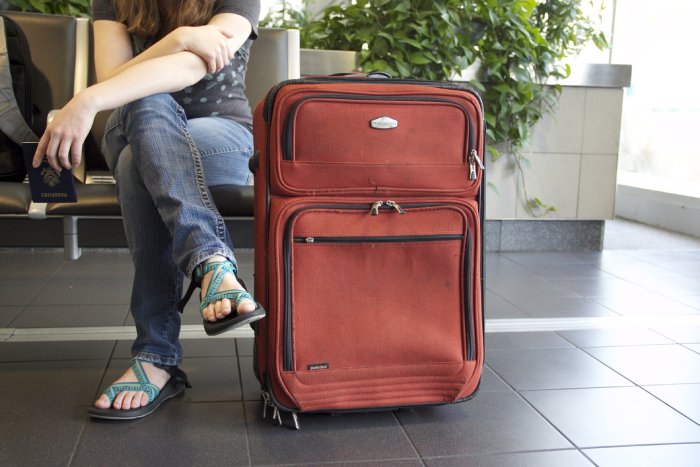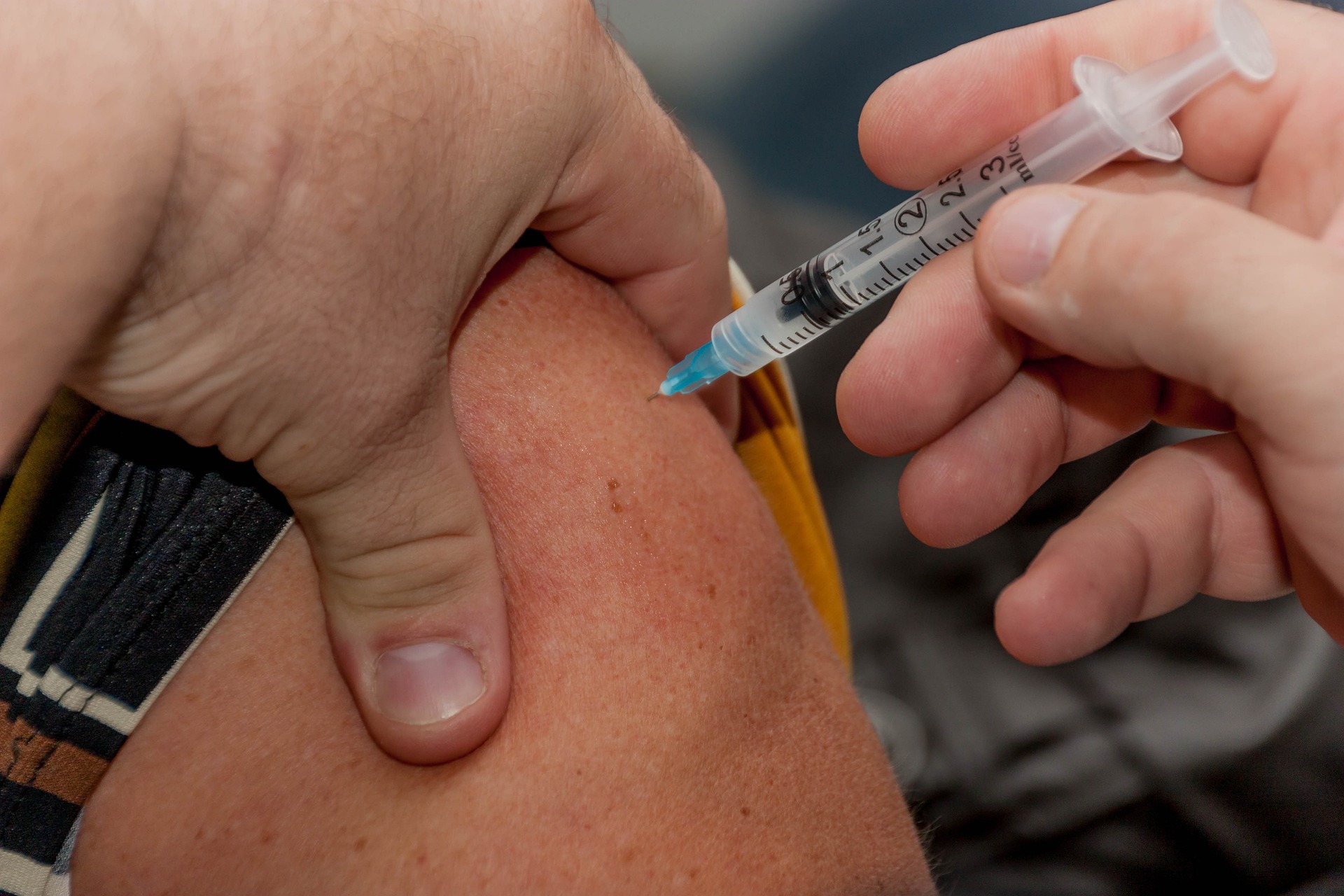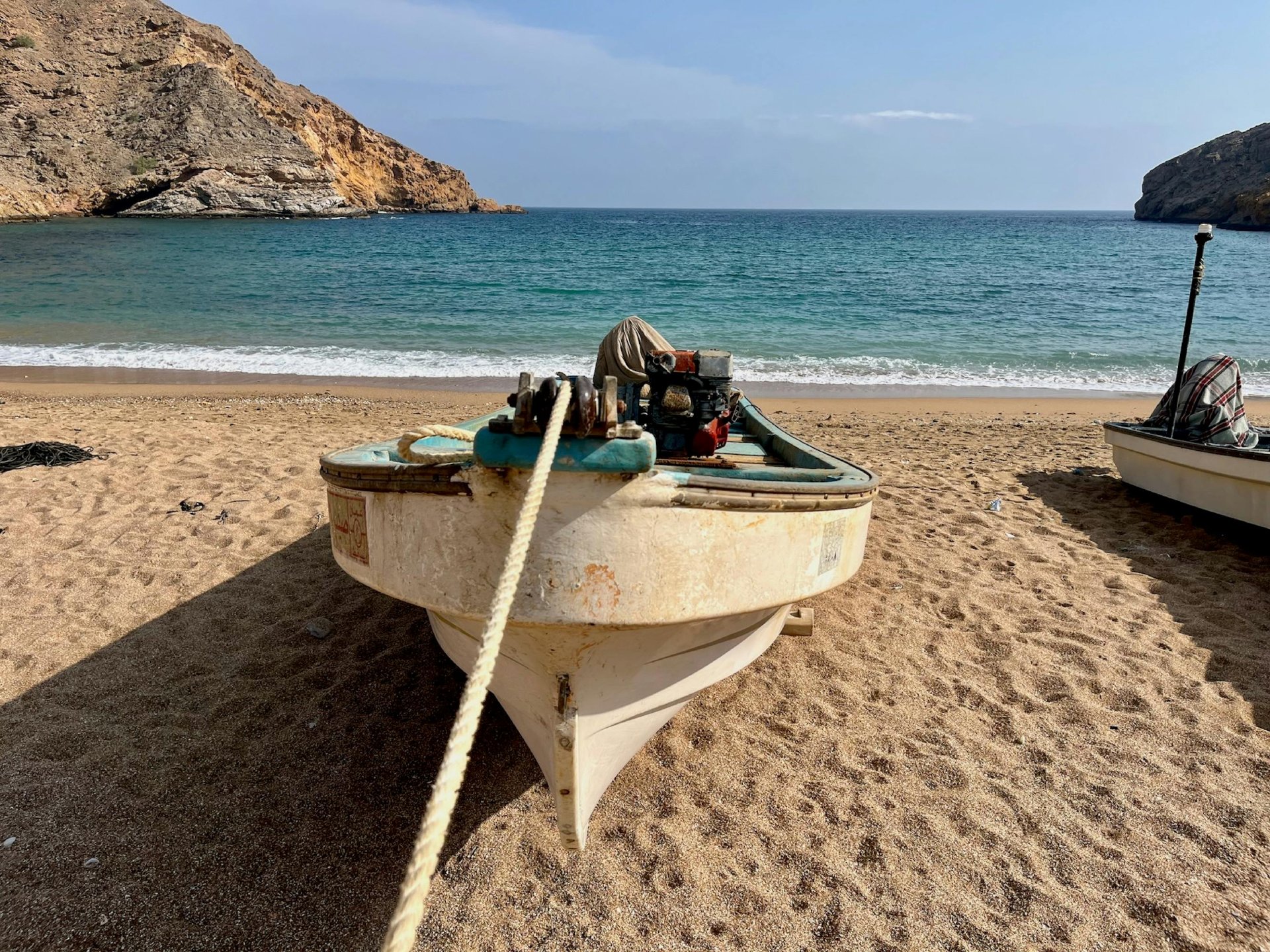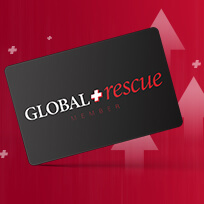Article Highlights
- Vaccination Rules Vary by Country: Countries like Italy, Japan and Greece require routine vaccines, while places like India and Brazil may include Hepatitis A, Typhoid and Yellow Fever.
- Penalties for Non-Compliance: Travelers without required vaccines can face fines, quarantine or entry denial. Proof, such as a Yellow Fever certificate, is often needed in Africa and South America.
- Global Rescue Services: Global Rescue helps travelers with vaccine advice, clinic locations and required documents to avoid travel issues.
The pandemic is over but international travelers still need to know essential travel vaccine requirements to enter many popular countries. Without proper proof, foreign visitors can be refused entry to a country.
Traveling abroad is an exciting opportunity to explore new cultures, cuisines and landscapes. But it also comes with health risks that vary by destination. Many countries have specific vaccination requirements to protect public health, especially in the face of infectious disease outbreaks.
For American travelers, it’s crucial to be informed about recommended vaccinations and health precautions for some of the most popular destinations.
Vaccine Requirements by Country

Italy, Japan, South Korea, Greece and Spain require routine vaccinations and recommend Hepatitis A vaccination.
Australia, Canada, France, Germany, Puerto Rico and the U.K. require routine vaccinations (MMR, Tdap, etc.)
China and Costa Rica require vaccinations for Hepatitis A, typhoid and potentially rabies for rural visits.
The Dominican Republic requires vaccinations for Hepatitis A and typhoid.
Some countries have specific health risks or diseases that make vaccinations necessary for American visitors. Following are countries that typically require the most comprehensive vaccination schedules for travelers, along with the recommended vaccinations:
India, Thailand and Vietnam recommend vaccinations for Hepatitis A, Hepatitis B, typhoid, Japanese Encephalitis, rabies, and Tetanus-Diphtheria-Pertussis (Tdap).
Brazil recommends vaccinations for Hepatitis A, Hepatitis B, typhoid, Yellow Fever, and rabies for rural travelers.
South Africa recommends vaccinations for Hepatitis A, Hepatitis B, typhoid, and Yellow Fever vaccination if traveling from an endemic area.
Nigeria requires vaccination for Yellow Fever and recommends vaccinations for Hepatitis A, Hepatitis B, typhoid, and Meningococcal Meningitis.
Mexico recommends vaccinations for Hepatitis A, Typhoid, and routine vaccines (MMR, Tdap).
Indonesia recommends vaccinations for Hepatitis A, Hepatitis B, typhoid, Japanese Encephalitis, and rabies.
Navigate the Overseas Travel Vaccine Requirements

Before traveling to any of these destinations, it’s advisable to consult a healthcare provider or a travel medicine specialist. They can provide tailored advice based on your health history and travel itinerary. Research health risks specific to the region you are visiting, including vector-borne diseases and potential outbreaks.
For travelers, particularly those journeying to international destinations with complex vaccination requirements, Global Rescue offers several valuable services that can assist members in navigating the often-intricate landscape of travel health and safety. Here’s how Global Rescue can help members with vaccination requirements:
- Pre-Travel Consultation: Global Rescue provides access to medical professionals who can offer personalized advice regarding vaccination requirements based on the traveler’s destination, itinerary and health history. This pre-travel consultation can help members understand what vaccinations are recommended or required for their travel plans.
- Travel Health Information: Members can receive up-to-date information about health risks in their destination country, including outbreaks of diseases and vaccination recommendations. This information can be crucial for informing decisions about vaccinations and other health precautions.
- Finding Vaccination Clinics: Global Rescue can assist members in locating vaccination clinics or travel medicine specialists who can administer the necessary vaccines. This service is especially beneficial for travelers who may need vaccines that are not widely available or who require specific immunizations before their trip.
- Documentation and Compliance: Global Rescue can help members understand the documentation needed for vaccination compliance, such as International Certificates of Vaccination or Prophylaxis (ICVPs) for diseases like Yellow Fever. This assistance ensures that travelers have the necessary paperwork to avoid issues during travel, especially at border crossings.
- Health and Safety Alerts: Global Rescue monitors global health and safety conditions and can provide alerts to members about new vaccination requirements or health risks in their travel destinations. This proactive approach helps members stay informed and take necessary precautions.
Travel Vaccine Requirements and Compliance Risks

Travelers who are denied entry due to insufficient vaccination compliance may face several consequences, including:
- Being Sent Back: Foreign travelers may be required to return to their point of origin.
- Quarantine: Some countries may impose quarantine measures while the traveler is assessed for potential health risks.
- Fines or Penalties: In certain situations, travelers may incur fines or other penalties for non-compliance with health regulations.
Travelers can prevent trip interruption due to vaccination issues by knowing what is required. Some countries require proof of vaccination for certain diseases as a condition of entry. For example, many countries in Africa and South America require travelers arriving from endemic regions to present a valid International Certificate of Vaccination or Prophylaxis (ICVP) as proof of vaccination against Yellow Fever.
Travelers are typically required to present vaccination records upon arrival. If a traveler cannot provide valid documentation of required vaccinations, they may be subject to quarantine, testing, or, in some cases, denial of entry.
In some cases, exemptions may be available for travelers with medical contraindications to certain vaccines. These exemptions typically require documentation from a healthcare provider, however, and may not be accepted in all countries.
Preparation Is Key
To avoid issues at the border, travelers should always check the latest vaccination requirements and health advisories for their destination well ahead of their trip. Ideally, travelers should discuss vaccination needs with a healthcare provider 4-6 weeks before travel to ensure all necessary vaccinations are administered. Individuals about to take a trip must keep vaccination records and any required certificates readily accessible during travel.
Traveling to countries with comprehensive vaccination requirements underscores the importance of health preparedness. By understanding and adhering to vaccination recommendations, travelers can significantly reduce their risk of contracting preventable diseases and enjoy their journeys with peace of mind.
Global Rescue: Medevac and More
Navigating vaccination requirements can be troublesome for travelers, particularly when visiting countries with strict health regulations. Global Rescue plays a crucial role in simplifying this process by providing expert advice, resources, and support before, during, and after travel. By offering comprehensive services that address both preventive health measures and emergencies, Global Rescue ensures that its members can travel with confidence and peace of mind.











